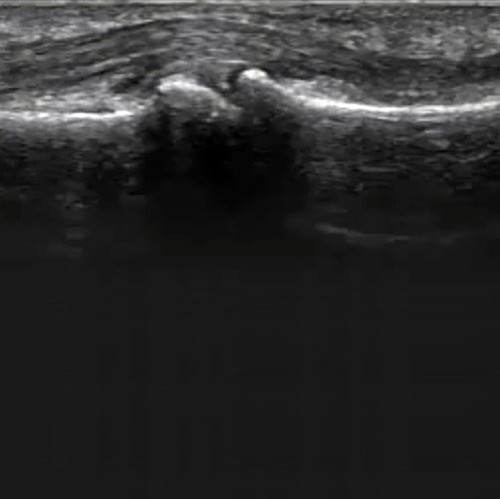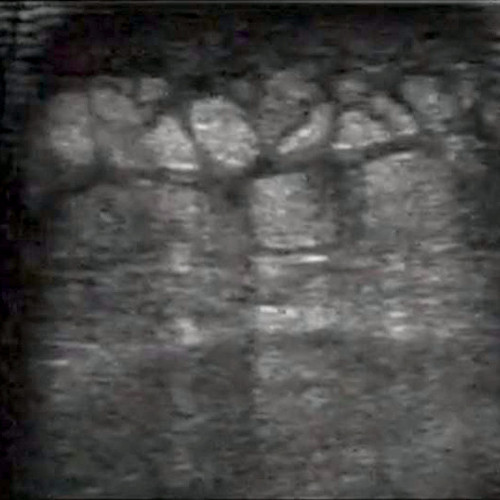Musculoskeletal (MSK) ultrasound has a wide variety of applications for evaluation of emergent, acute, and chronic processes. Dynamic imaging, such as ultrasound imaging of a musculotendinous unit while taking it through its normal range of motion, is unique to ultrasonography and can provide valuable diagnostic information. The Musculoskeletal (MSK): Core Clinical Ultrasound Module teaches one how to use sonography to assess the muscles, tendons, ligaments, bones, joints, and associated tissues that move the body and maintain its form. The course begins with an introduction to musculoskeletal sonography and its fundamental principles. It then reviews the anatomy and physiology of commonly encountered MSK components. Sonographic anatomy of relevant structures is also presented. Sonographic methods for evaluating normal and pathologic MSK conditions are discussed, including optimal transducer selection, imaging techniques, and scanning approaches. The course concludes with imaging tips and pitfalls, a series of case studies, and a summary of salient teaching points. One develops the requisite cognitive task awareness and visuospatial skills required to perform sonographic evaluations of the musculoskeletal system through 10 different hands-on simulation cases.
This activity has been planned and implemented in accordance with the accreditation requirements and policies of the Accreditation Council for Continuing Medical Education (ACCME) through the joint providership of the American College of Emergency Physicians, the Illinois College of Emergency Physicians, and SonoSim, Inc. The American College of Emergency Physicians is accredited by the ACCME to provide continuing medical education for physicians.
The American College of Emergency Physicians designates this enduring material for a maximum of 3.25 AMA PRA Category 1 Credits™. Physicians should claim only the credit commensurate with the extent of their participation in the activity.
Approved by the American College of Emergency Physicians for a maximum of 3.25 hours of ACEP Category I credit.












